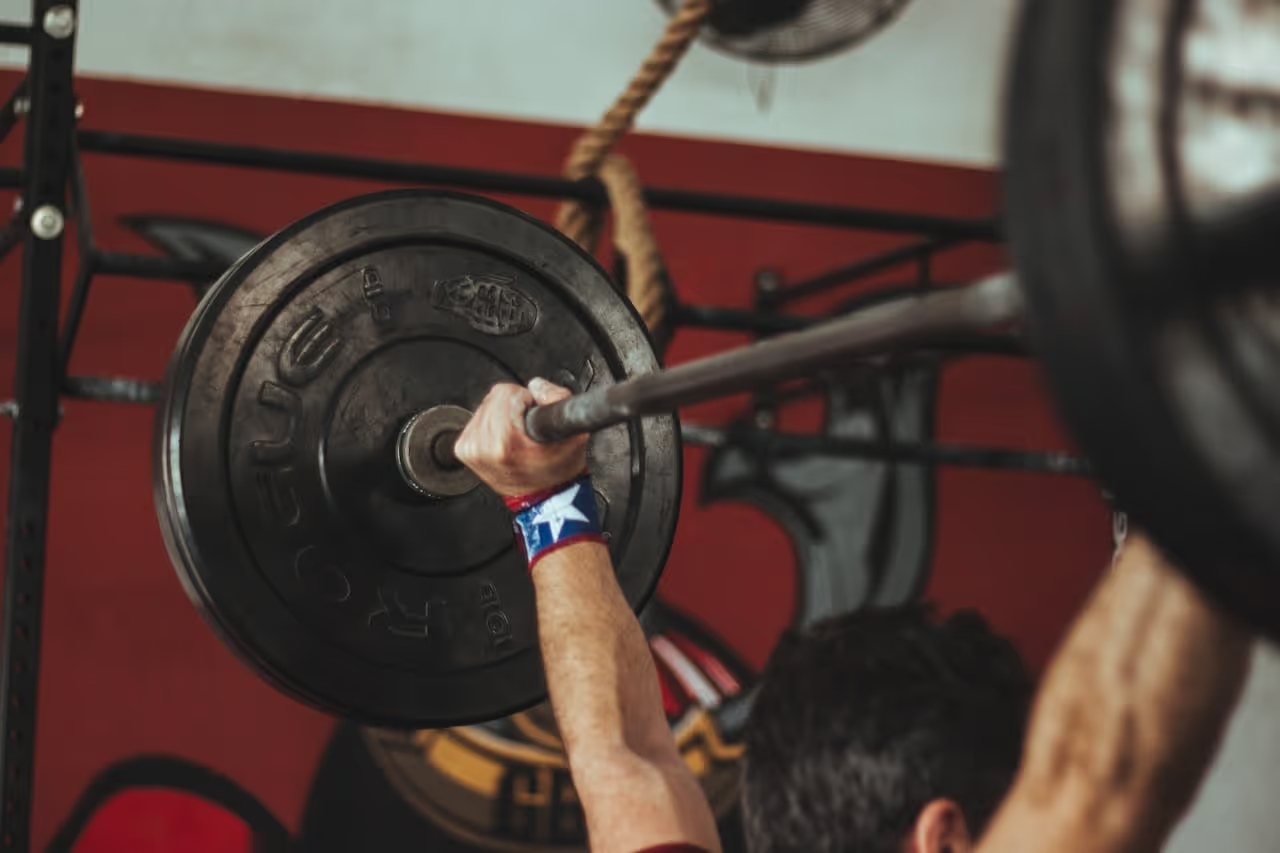osing weight can be challenging at any age, but it’s especially important in your 20s and 30s. These are crucial years for building healthy habits that will last a lifetime. As your body changes, so do its needs, and understanding these changes can help you manage your weight effectively. This guide will provide you with practical tips and strategies to help you stay fit and healthy during these years. By focusing on sustainable practices, you can achieve your weight loss goals without compromising your overall health and well-being.

How to Lose Weight in Your 20s
Focus on Healthy Habits
Starting healthy habits in your 20s can set the stage for long-term success. Establish a routine that includes regular exercise and balanced meals. Consistency is key, so try to stick to a schedule that works for you. Developing these habits now can make it easier to maintain a healthy lifestyle as you get older. Additionally, focusing on healthy habits can boost your energy levels and improve your overall quality of life. Consider utilizing online weight loss resources and communities to stay motivated and get tips from others on the same journey.
Make Fitness a Priority
Finding time for exercise is crucial. Aim for at least 30 minutes of physical activity most days of the week. This can be anything from jogging to yoga. Choose activities you enjoy to stay motivated. Incorporating a mix of cardio and strength training can help you build muscle and burn calories effectively. Remember, staying active not only helps with weight loss but also enhances your mental health.
Control Portion Sizes
Understanding portion sizes can help prevent overeating. Use smaller plates, and pay attention to serving sizes on food labels. Try to fill half your plate with vegetables, a quarter with lean protein, and a quarter with whole grains. This approach can help you feel satisfied without consuming too many calories. Being mindful of portion sizes can also teach you to listen to your body’s hunger and fullness cues.
Don’t Skip Meals
Skipping meals can lead to overeating later in the day. Eat regular, balanced meals to keep your energy levels stable. Planning your meals in advance can help ensure you eat healthily throughout the day. Regular meals can prevent extreme hunger, which often leads to poor food choices. Aim to eat every 3-4 hours to keep your metabolism active and maintain stable blood sugar levels.
Limit Alcohol Intake
Alcoholic drinks are high in calories and can hinder weight loss. Try to limit your intake and choose lower-calorie options when you do drink. For example, opt for a light beer or a vodka soda instead of sugary cocktails. Reducing alcohol consumption can also improve your sleep quality and overall health. If you enjoy social drinking, consider setting limits for yourself or finding non-alcoholic alternatives.
How to Lose Weight in Your 30s
Adjust Your Calorie Intake
As you age, your metabolism slows down, meaning you burn fewer calories at rest. Adjust your calorie intake accordingly by choosing nutrient-dense foods that are lower in calories. Focus on fruits, vegetables, lean proteins, and whole grains. Paying attention to portion sizes and calorie intake can help you avoid unwanted weight gain. Tracking your meals using an app can also provide insights into your eating habits.
Incorporate Strength Training
Strength training is essential for maintaining muscle mass, which can boost your metabolism. Include exercises like weight lifting, resistance band workouts, or bodyweight exercises in your fitness routine. Aim to do strength training exercises at least twice a week. This not only helps with weight management but also strengthens your bones and improves your posture. Incorporating a variety of exercises can keep your routine interesting and prevent boredom.
Get Enough Sleep
Lack of sleep can lead to weight gain. Aim for 7-9 hours of sleep per night. Establish a regular sleep routine by going to bed and waking up at the same time every day, even on weekends. Quality sleep helps regulate hormones that control hunger and appetite. Creating a relaxing bedtime routine, such as reading or meditating, can improve your sleep quality.
Manage Stress
Stress can cause weight gain by triggering unhealthy eating habits. Find healthy ways to manage stress, such as practicing mindfulness, yoga, or talking to a friend. Taking time for yourself to relax and unwind is crucial. Chronic stress can also lead to increased cortisol levels, which may contribute to weight gain. Engaging in hobbies and physical activities can be effective stress relievers.
Avoid Fad Diets
Fad diets often promise quick results but are not sustainable long-term. Instead, focus on making gradual, lasting changes to your eating habits. A balanced diet with a variety of foods is the best approach for long-term weight management. Fad diets can also deprive your body of essential nutrients, leading to other health issues. Emphasize moderation and balance rather than extreme dietary restrictions.

Understand Your Body Changes
Slower Metabolism
As mentioned earlier, your metabolism slows down as you age. To combat this, stay active and incorporate both cardio and strength training exercises into your routine. Eating small, frequent meals can also help keep your metabolism active. Additionally, certain foods, such as green tea and spicy foods, may provide a slight metabolic boost.
Hormonal Changes
Hormonal changes, especially in women, can affect weight. Pay attention to your body’s signals and adjust your diet and exercise routine accordingly. Consult with a healthcare professional if you need guidance. Hormonal fluctuations can also impact your mood and energy levels, making it important to find a balanced approach to diet and exercise. Tracking your menstrual cycle and its effects on your body can provide valuable insights.
Muscle Mass Loss
Muscle mass naturally decreases with age, which can slow down your metabolism. Strength training can help maintain muscle mass and keep your metabolism higher. Include a variety of exercises that target different muscle groups. In addition to weight training, consider activities like Pilates or yoga, which can also help build and maintain muscle mass.
Effective Weight Loss Strategies for Your 20s and 30s
Eat More Protein
Protein helps build and repair tissues and is essential for muscle health. Include sources of lean protein in your diet, such as chicken, fish, beans, and tofu. Protein can also help you feel full longer, reducing the likelihood of overeating. Try to include a source of protein in every meal to maintain steady energy levels throughout the day.
Stay Hydrated
Drinking enough water is crucial for overall health and can aid in weight loss. Aim for at least 8 glasses of water a day. Carry a water bottle with you to help you remember to drink throughout the day. Staying hydrated can also help reduce hunger, as sometimes thirst is mistaken for hunger. Adding a slice of lemon or cucumber to your water can make it more enjoyable to drink.
Prioritize Sleep
Good sleep is vital for weight management. Lack of sleep can increase cravings for unhealthy foods. Create a relaxing bedtime routine and make your sleep environment comfortable. Ensuring you get enough sleep can also improve your mood and cognitive function. Avoiding screens and caffeine before bedtime can help you fall asleep faster and enjoy deeper rest.
Reduce Stress
Find effective ways to manage stress, such as exercise, hobbies, or spending time with loved ones. Reducing stress can help prevent emotional eating and other unhealthy habits. Regular physical activity can also boost your mood and reduce stress levels. Practicing mindfulness and deep breathing exercises can help you stay calm and focused throughout the day.
Stay Active
Staying active is important for both physical and mental health. Incorporate a variety of physical activities into your routine to keep things interesting. This can include walking, swimming, dancing, or hiking. Regular activity can help you maintain a healthy weight, improve cardiovascular health, and boost your overall well-being. Try to find a balance between structured workouts and spontaneous physical activities, like playing a sport or gardening.

Dietary Tips for Weight Loss
Choose Whole Foods
Whole foods, such as fruits, vegetables, whole grains, and lean proteins, are more nutritious than processed foods. They can help you feel fuller for longer and provide essential nutrients. Incorporating more whole foods into your diet can also improve your digestion and energy levels. Planning your meals around whole foods can make it easier to stick to a healthy eating plan.
Limit Processed Foods
Processed foods are often high in sugar, salt, and unhealthy fats. Try to limit your intake of these foods and opt for healthier alternatives instead. For example, choose whole grain bread instead of white bread. Reading food labels can help you make more informed choices about what you’re eating. Cooking at home more often can also help you control the ingredients in your meals.
Control Portions
Pay attention to portion sizes to avoid overeating. Use smaller plates, measure out serving sizes, and avoid eating straight from the package. Mindful eating practices, such as eating slowly and savoring each bite, can help you enjoy your food more and recognize when you’re full. Preparing and pre-portioning snacks can help prevent mindless eating.
Exercise Recommendations
Combine Cardio and Strength Training
A balanced exercise routine includes both cardio and strength training. Cardio exercises, such as running, cycling, or swimming, help burn calories, while strength training builds muscle. Combining these types of exercise can maximize your weight loss efforts and improve overall fitness. Interval training, which alternates between high-intensity and low-intensity exercises, can also be highly effective.
Find Activities You Enjoy
Exercise doesn’t have to be a chore. Find activities you enjoy, whether it’s dancing, playing a sport, or hiking. When you enjoy what you’re doing, you’re more likely to stick with it. Trying new activities can keep your exercise routine exciting and prevent boredom. Joining a fitness class or group can also provide social support and motivation.
General Weight LossTips for All Ages
Stay Hydrated
Hydration is important at any age. Water helps with digestion, keeps your skin healthy, and can help control hunger. Drinking enough water can also improve your energy levels and cognitive function. If you struggle to drink enough water, try setting reminders or using a hydration-tracking app.
Get Adequate Sleep
Quality sleep is essential for weight management. Create a sleep-friendly environment and stick to a regular sleep schedule. Prioritizing sleep can also enhance your mood and productivity. Reducing screen time before bed and creating a calming bedtime routine can help improve your sleep quality.
Manage Stress
Stress management is crucial for overall health. Find healthy ways to cope with stress to prevent it from affecting your eating and exercise habits. Engaging in relaxation techniques, such as deep breathing or meditation, can help you manage stress more effectively. Building a strong support network of friends and family can also provide valuable emotional support.
Losing weight is do-able in your 20s, 30s, and beyond with a little know-how.
Losing weight in your 20s and 30s is about creating and maintaining healthy habits. Focus on a balanced diet, regular exercise, and taking care of your mental health. Remember, small changes can lead to big results over time. Stay positive, be patient, and keep working towards your goals. You’ve got this! Making these changes now can set the foundation for a lifetime of health and well-being. Celebrate your progress and stay motivated by setting realistic and achievable goals.
Pat Baker enjoys a healthy lifestyle, struggles to lose weight, and writes for online weight loss resources.















